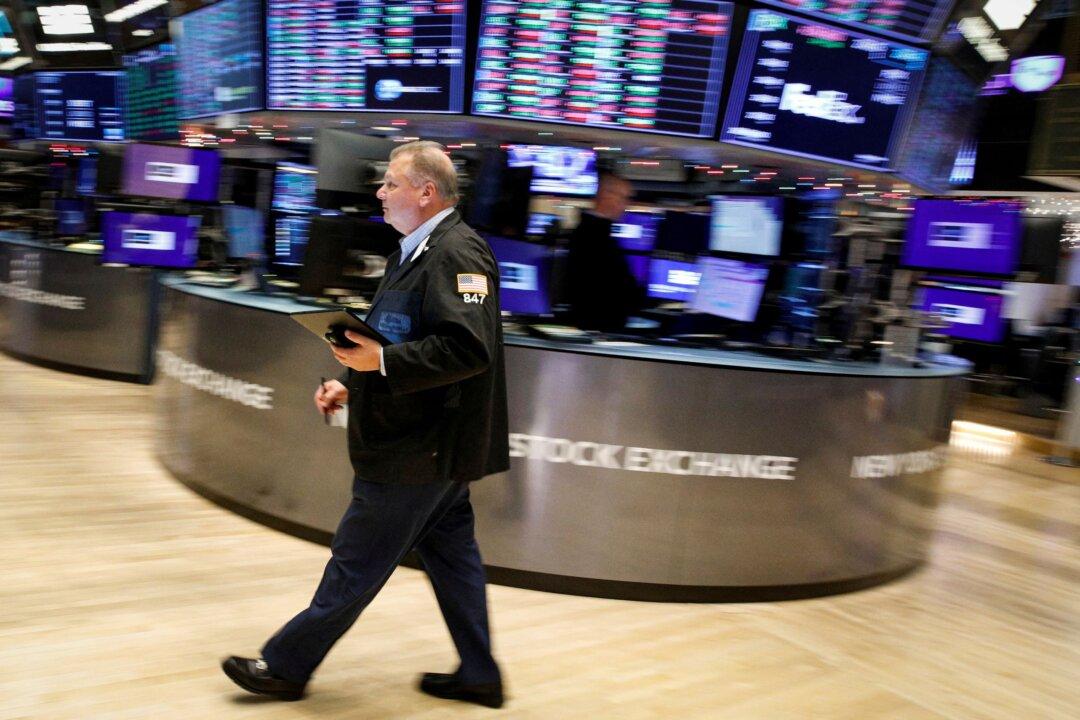The economic rebound in emerging markets (EM) still has steam and is projected to run into next year, S&P Global said in a new report, but warned that EM risks are getting worse as inflation keeps accelerating, potentially driving faster-than-expected normalization of monetary policy, tighter financing conditions, and market volatility.
The EM economic recovery still hasn’t run its course, S&P Global said in a Dec. 16 report (pdf), noting that a number of sectors continue to operate below capacity, suggesting above-trend economic growth. Brazil and Turkey are exceptions to this forecast, with various policy moves contributing to elevated inflation expectations and higher uncertainty. Brazil’s economy is projected to grow by a lackluster 0.8 percent in 2022, while Turkey’s is expected to slow sharply to 3.7 percent from 9.8 percent in 2021.





